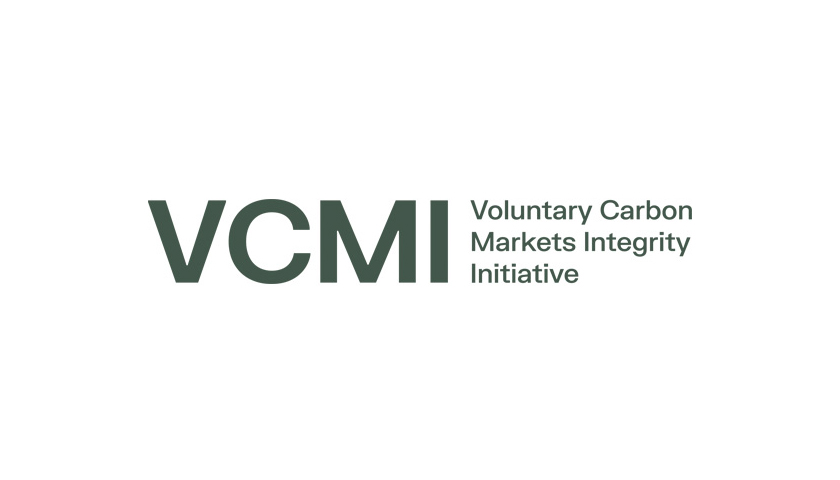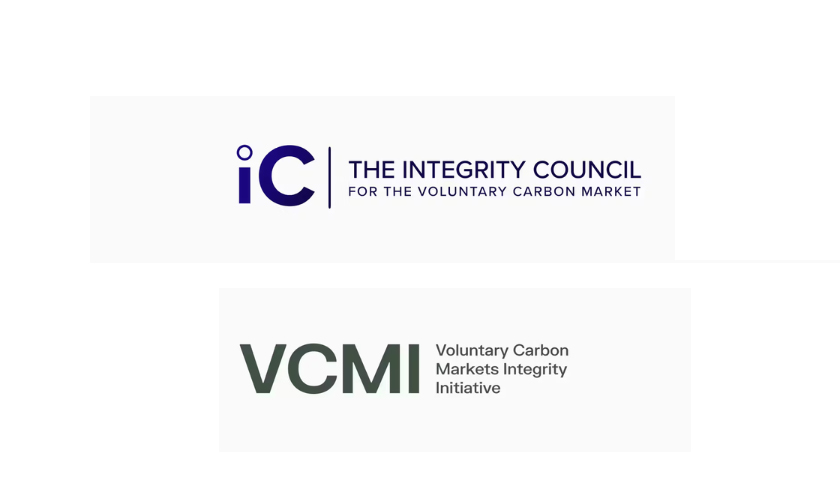The Voluntary Carbon Markets Integrity Initiative (VCMI) has launched its Scope 3 Action Code of Practice1. The new best-practice framework has been developed to ensure companies continue to take climate action every year, even when their efforts to reduce scope 3 greenhouse gas (GHG) emissions hit barriers2.
Corporate scope 3 emissions are not being reduced at the pace or scale needed, with many companies falling behind in meeting climate targets3. Increased action on scope 3 emissions is critical to meeting the goals of the Paris Agreement, yet the global ‘scope 3 emissions gap’ – the shortfall between corporate scope 3 emissions reduction targets and what they are achieving – is growing when it needs to be closed. At 1.4 gigatons GHG, the scope 3 emissions gap is equivalent to the combined total annual emissions of Germany, the UK and Italy (in 2023), and estimated to grow fivefold to 7 gigatons by 20304.
Scope 3 Action Code of Practice
Recent research and wider analysis, shows that many companies face significant barriers in reducing scope 3 emissions in line with science-aligned decarbonization pathways. The Code provides a framework for companies to establish their scope 3 emissions gap, disclose the barriers they are facing, list measures implemented to overcome the barriers they hit, and take action on unabated scope 3 emissions using high-quality carbon credits.
Carbon credits are used in addition to, and not as a substitute for, direct decarbonization of emissions. The Code sets 2040 as the latest time by which companies should have overcome barriers and be back to their decarbonization pathway consistent with reaching net zero. Carbon credits, meeting quality criteria set out in the Code, are used in the interim to close the scope 3 emissions gap, meaning climate action continues to be funded every year through the financing of emissions reduction and removal projects elsewhere.
Mark Kenber, Executive Director, VCMI, said: “Addressing scope 3 emissions is one of the most pressing challenges in corporate climate action, yet many businesses lack the tools and frameworks to act effectively. The Scope 3 Action Code of Practice provides a practical, science-aligned solution to help companies close the gap between ambition and action.”
The Code’s framework for scope 3 action is also a valuable resource for governments and policymakers. It provides a clear, pragmatic and high-integrity approach to informing consistent policy frameworks that will incentivize greater corporate ambition. The UK government, in its recently launched consultation on the use of voluntary carbon markets, has welcomed VCMI’s work on scope 3 guidance and is exploring its implementation as a route for additional corporate action.
A range of global sustainability organizations and leaders have also endorsed the Code. This includes the International Chamber of Commerce, the We Mean Business Coalition, the Environmental Defense Fund, the Leaf Coalition, in addition to former UNFCCC Executive Secretary Christiana Figueres and businesses including Natura, among others.
Scope 3 Action Challenge
Alongside the Code, VCMI has launched the Scope 3 Action Challenge. The Challenge, supported by 10 partner organizations including the International Chamber of Commerce, The Nature Conservancy and the We Mean Business Coalition, calls on signatories from across business and civil society to drive a step change in scope 3 decarbonization, recognizing the scope 3 emissions gap is growing larger and the importance of additional action in keeping the goals of the Paris Agreement within reach.
At this crucial time in the run-up to COP30, the Challenge provides recognition for actors committed to tackling scope 3 emissions and signposts practical tools for companies to take action. Signatories will sign a pledge statement which commits to:
- Acknowledge the urgency of closing the scope 3 emissions gap and the growing risks of inaction.
- Support the use of all credible solutions to accelerate corporate decarbonization.
- Commit to transparency and accountability in their climate strategies.
- Join a collective movement of leaders demonstrating ambition and action.
Other Scope 3 Action Challenge Partners providing the solutions and capacity to tackle scope 3 emissions are Anthesis, Carbon Markets Institute, CNaught, Climate Impact Partners, Emergent, GenZero, Patch, Puro.earth and Verra.
VCMI’s Scope 3 Action Code of Practice is one aspect of a comprehensive menu of tools, mechanisms and guidance highlighted by the initiative to support companies to accelerate action on scope 3 emissions.
Updates to Foundational Criteria of VCMI Claims Code of Practice
VCMI has also reviewed and revised the Foundational Criteria that form the first step of the VCMI Claims Code of Practice and the new Scope 3 Action Code of Practice5. The four Foundational Criteria must be met by companies before they can credibly make use of high-quality carbon credits as part of their climate commitments.
The revisions apply to two of the Foundational Criteria and have been reviewed by VCMI’s Expert Advisory Group and Stakeholder Forum, tested with a group of companies and approved by its Steering Committee. The changes have been made to ensure the Foundational Criteria evolve in line with best practice approaches and the practicalities of delivering on net zero corporate climate action.

